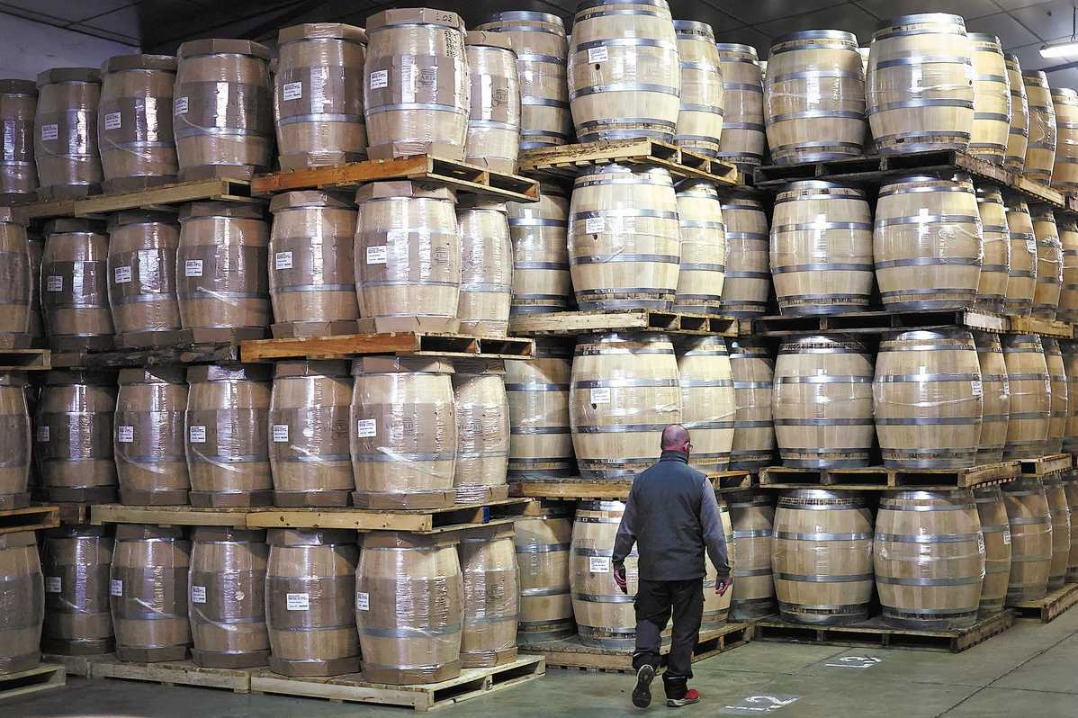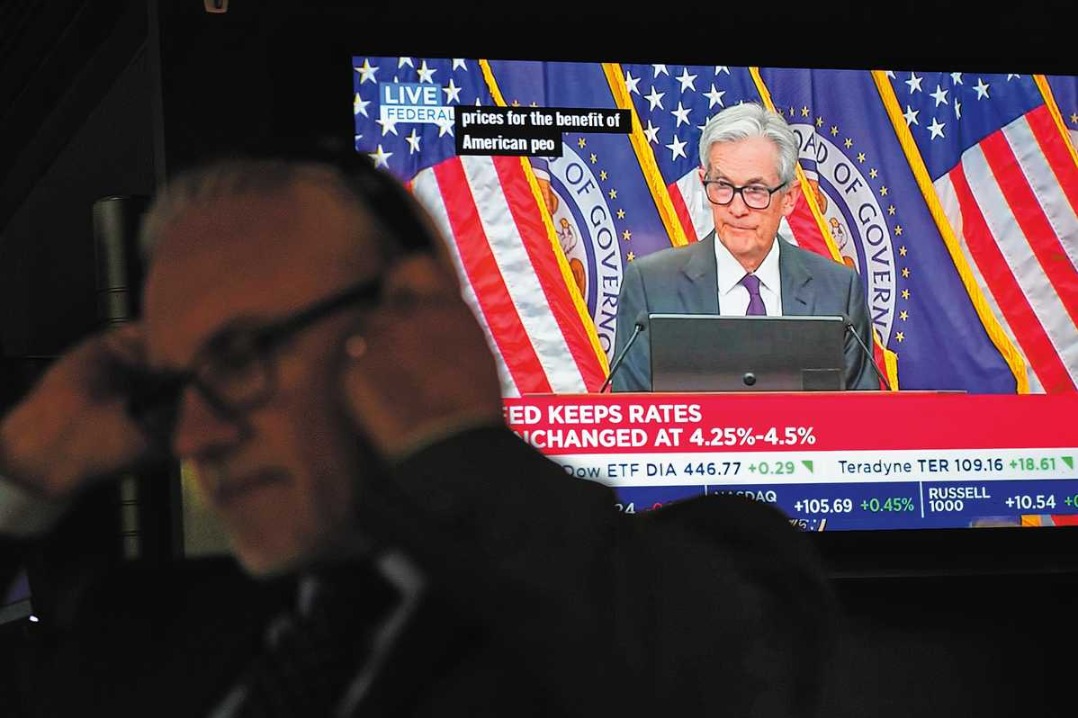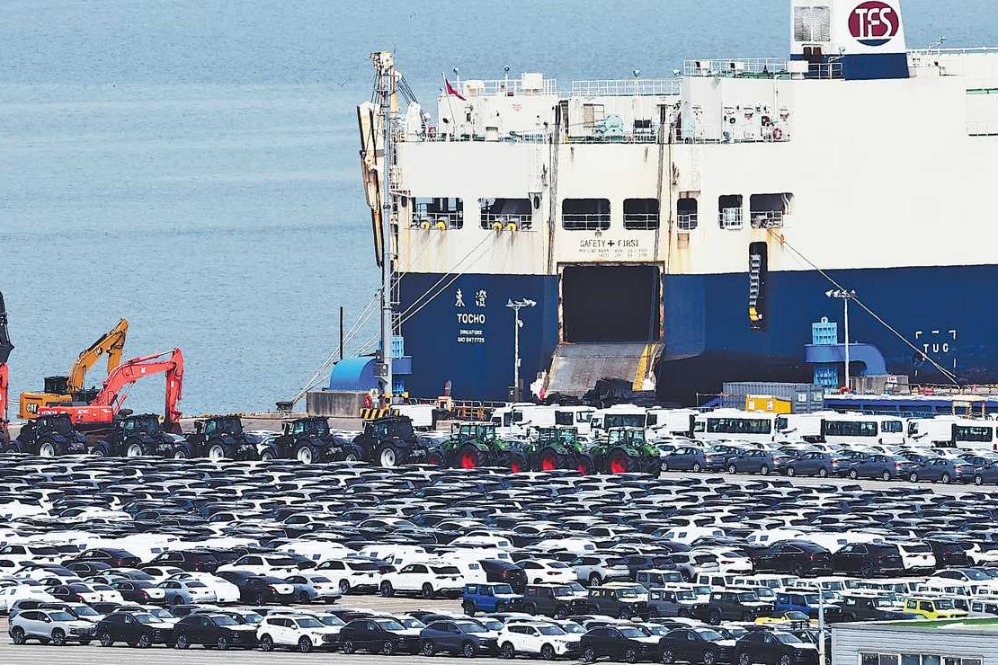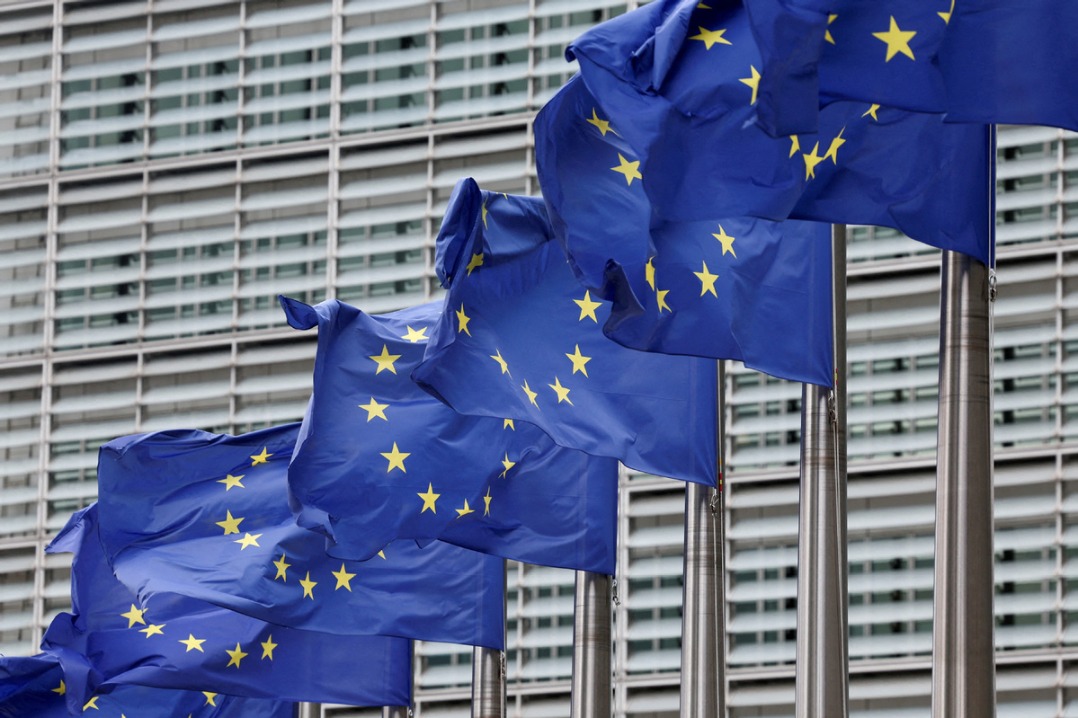One-vote victory offers hope of way forward over Brexit

MPs look to take control of extension process after tightest possible win
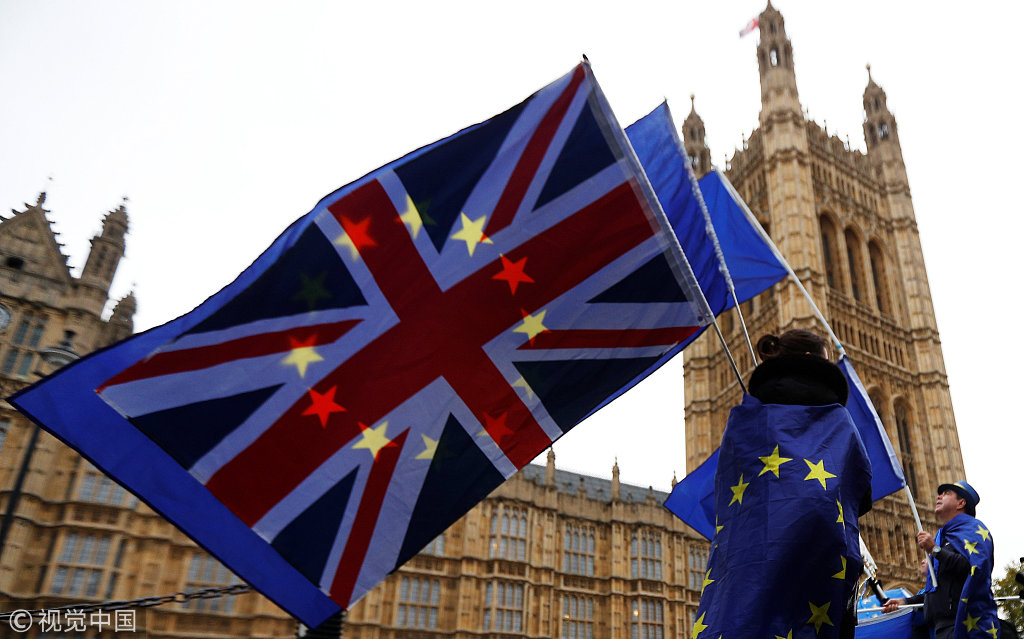
Members of Parliament in Westminster might finally have broken the Brexit logjam after voting by just one vote to force Prime Minister Theresa May to ask the European Union for a further extension to the Brexit process.
The motion passed–by 313 votes to 312 - would require May to seek additional time beyond the current limit of the Article 50 withdrawal process, which has already been extended from March 29 to April 12, and would also give MPs, rather than the government, the power to decide how long a delay should be requested.
The narrowness of the margin and the speed at which the legislation was passed has angered Brexit supporters, who say it was too rushed and not examined sufficiently closely.It will now go the House of Lords for consideration, and should they approve it, it will become law, but even then, whether any extension is granted is up to the other 27EU member states.
May had already said she would seek a further short extension, but she just wanted sufficient time to try and get an agreement approved by Parliament before May 22, so the UK can avoid taking part in European Parliament elections, at the end of May. Wednesday’s result means it could be MPs rather than the prime minister who decides the length of any requested extension.
After Wednesday’s result, Brexit Secretary Stephen Barclay said he hoped members of the House of Lords would "scrutinise this bill passed in haste with its constitutional flaws".
The vote came after May had held face to face talks with Labour opposition leader Jeremy Corbyn, in a bid to find a way of making progress on an issue which has paralyzed British politics.
Her decision to talk to Corbyn, and his acceptance, drew criticism from some supporters on both sides of the political divide. Afterwards, a spokesman for the prime minister said both sides were "showing flexibility" and shared "a commitment to bring the current Brexit uncertainty to a close".
Corbyn was more cautious, calling the talks “useful but inconclusive” adding that there had not been "as much change as (I) had expected" in the prime minister's position, but adding that they would continue.
Away from Westminster, the National Police Chief Council has warned politicians and campaigners to be moderate their tone when talking about Brexit, for fear of inciting people to violence.
Council chairman Martin Hewitt said the Brexit debate had created "an incredibly febrile atmosphere" in the country and that there was a lot of "angry talk" on social media.
"There is a responsibility on those individuals that have a platform and have a voice to communicate in a way that is temperate and is not in any way going to inflame people's views,” he said.
It is reported that 10,000 police officers are ready for deployment at 24 hours' notice as part of preparations for a possible no-deal Brexit, although it has been stressed this is a worst case scenario planning and purely precautionary.

















